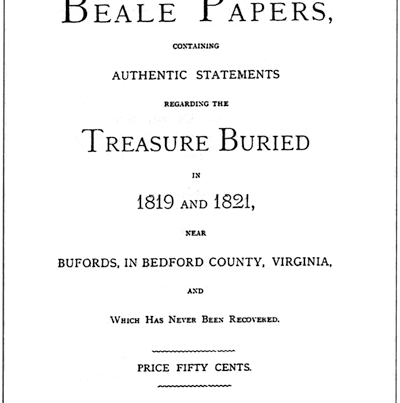Self government and the secession required for it in oversized States are as much a province of the Left as of political conservatives. It was the left that raised the question of secession after Al Gore lost the presidency to George W. Bush. They wondered why they had to be yoked with the people and policies of the Red States which they deplored. Had the Red States raised the same question, the media would have ignored it or rolled out its usual rhetoric, that the Civil War settled all that. But coming from the left, it got some fairly sympathetic attention. I remember a call from Harper’s Magazine where I had published an essay on a related topic, asking if I thought secession was a serious possibility. When the left talks about secession the media listens with respect.
But not all secession contemplates dividing the Union into two or more federations. It is possible to secede from a State and form a new State. The western counties of Virginia seceded and formed the State of Kentucky. Virginia was again divided by secession when West Virginia was formed. Maine, Tennessee and other States were formed from secession. Norman Mailer ran for mayor of New York in 1967 on a platform that the city should secede and form the 51st State. Twenty seven counties in northern California voted to secede and form the 51st State in 1972. But the legislature refused to grant the request.
Today there is a movement in Arizona to detach the counties in the Baja region to form a new State, Baja Arizona. Tom Johnson, a leftist blogger in The Daily Wildcat urges the movement on, observing that the Baja region is liberal progressive while the remaining part of the State is largely made of white conservatives. “Campaigning for new states, Johnson says, “could be the way disenfranchised populaces” gain political power. “Why, for example, should the liberal and non-white people of the American South have to have reduced political capital than their neighbors’ racism and conservatism?”
In presenting secession as a leftist strategy Johnson draws inspiration from Chuck Thompson’s book Better Off Without ‘Em: A Northern Manifesto for Southern Secession. For two years Thompson traveled throughout the South seeking to understand the natives of the Southern Red States. The book expresses the author’s disdain for nearly all things Southern–country music, NASCAR, its Christian culture, its opposition to gun control, abortion, gay marriage, and the like–and he concludes that the nation would be better off if the South were allowed to secede and free a progressive America from its dead weight.
What Thomson finds disgusting about being shackled to the South, Tom Johnson finds disgusting about his own State which has long been divided between a left wing progressive section centered in Tuscon and a “right wing” section in Phoenix, “each pulling its shared state in a tug of war from one side to the other.” The solution would be secession and the formation of a new State, Baja Arizona. An attempt to put secession on the ballot in 2012 failed, but Thompson thinks, it should be tried again.
“After all,” he says, “the government can’t ignore partition supporters if they are loud enough for long enough …. Disenfranchised populations should be using this tactic [secession] as a tool to save themselves from old white people afraid of demographic death. And to Baja Arizona, those kinds of people are exactly the sort of vultures keeping this state down …. So cry havoc and campaign onwards for 2016 to bring Baja Arizona into being. And to be blunt, Baja Arizona does not deserve to be shackled to a populace whose interests it gets along with about as well as baking soda and vinegar do.” Though Johnson and Thompson have contempt for the South, we welcome their attachment to that most Southern of all principles: secession for the sake of self-government.







